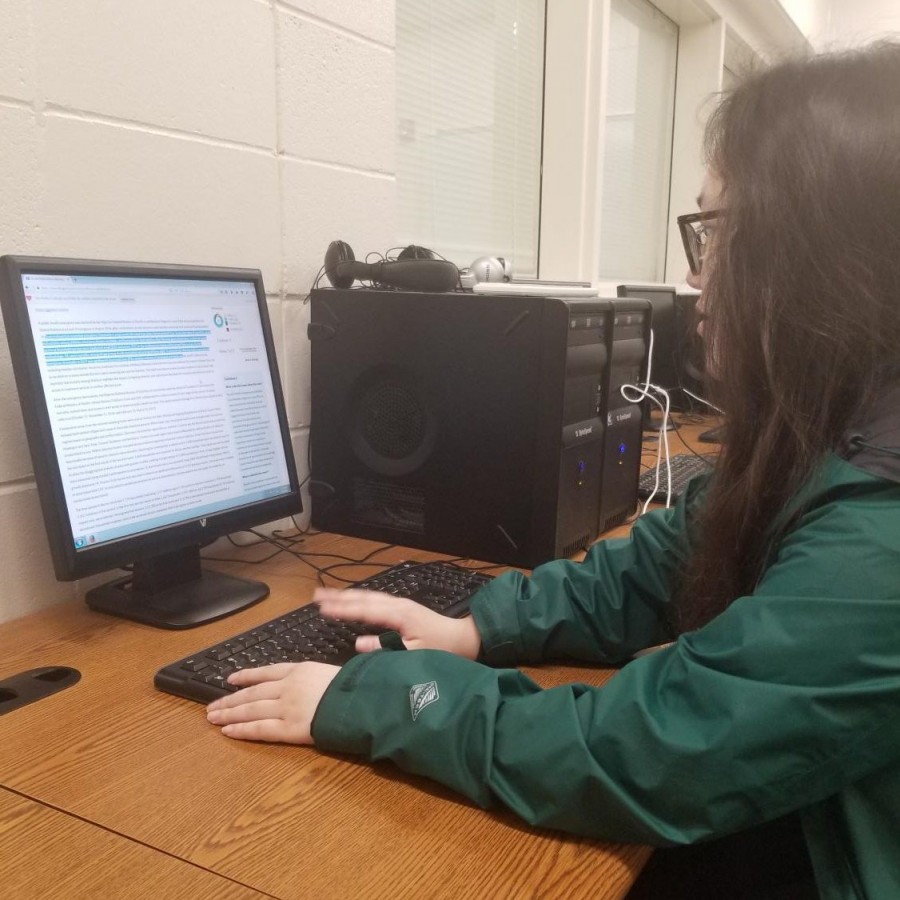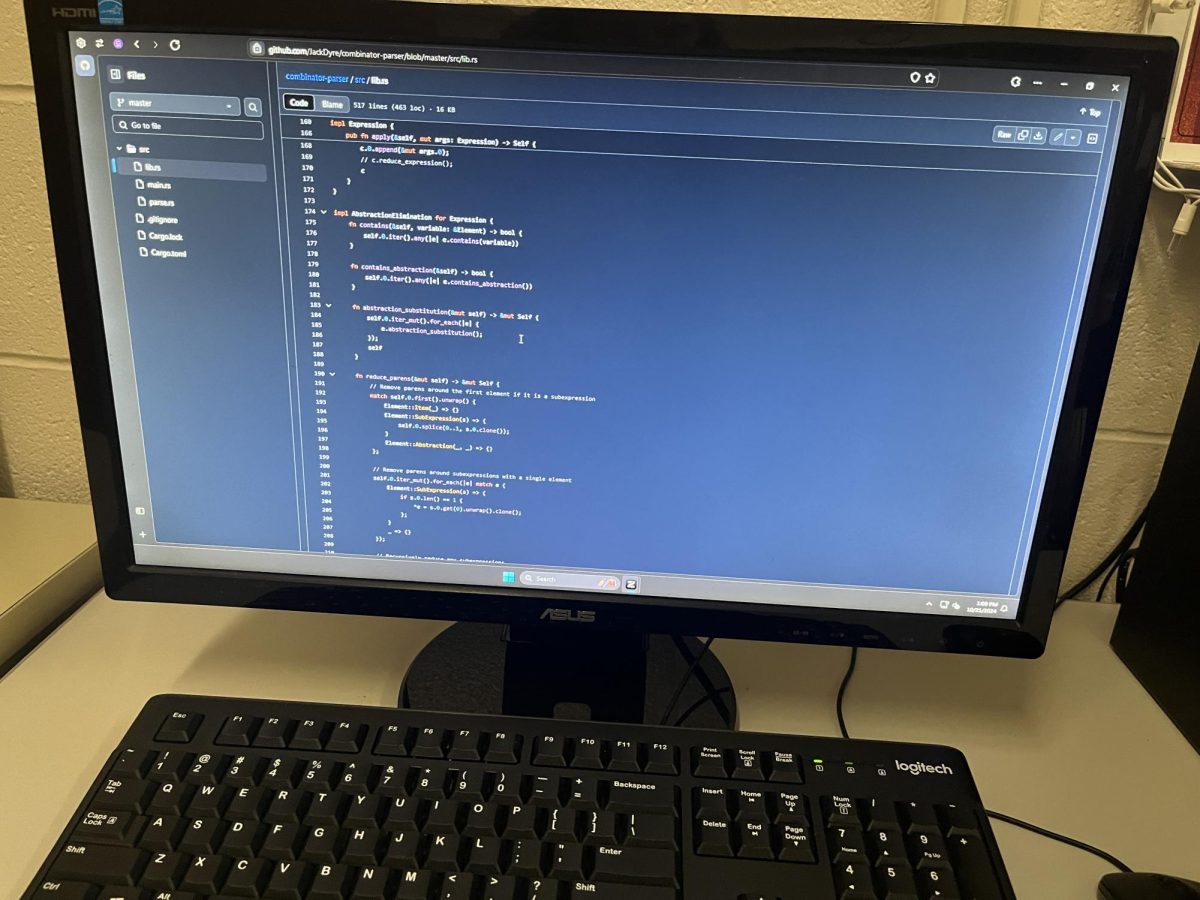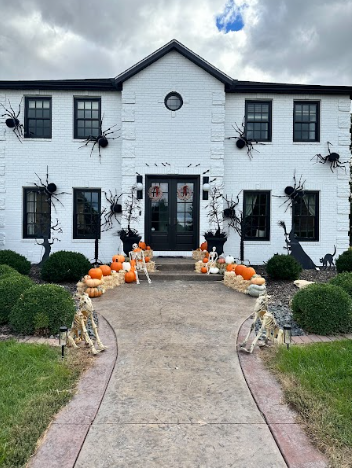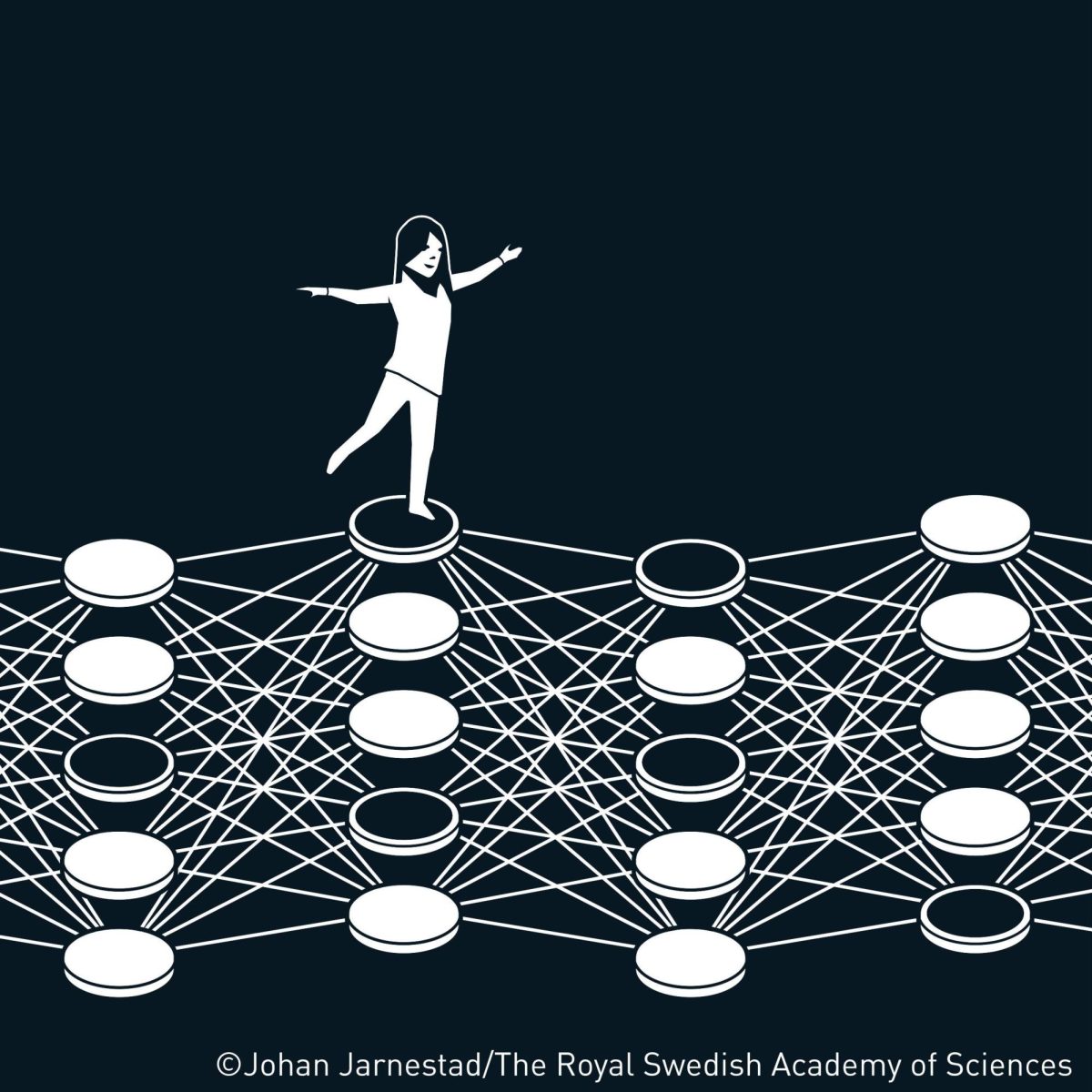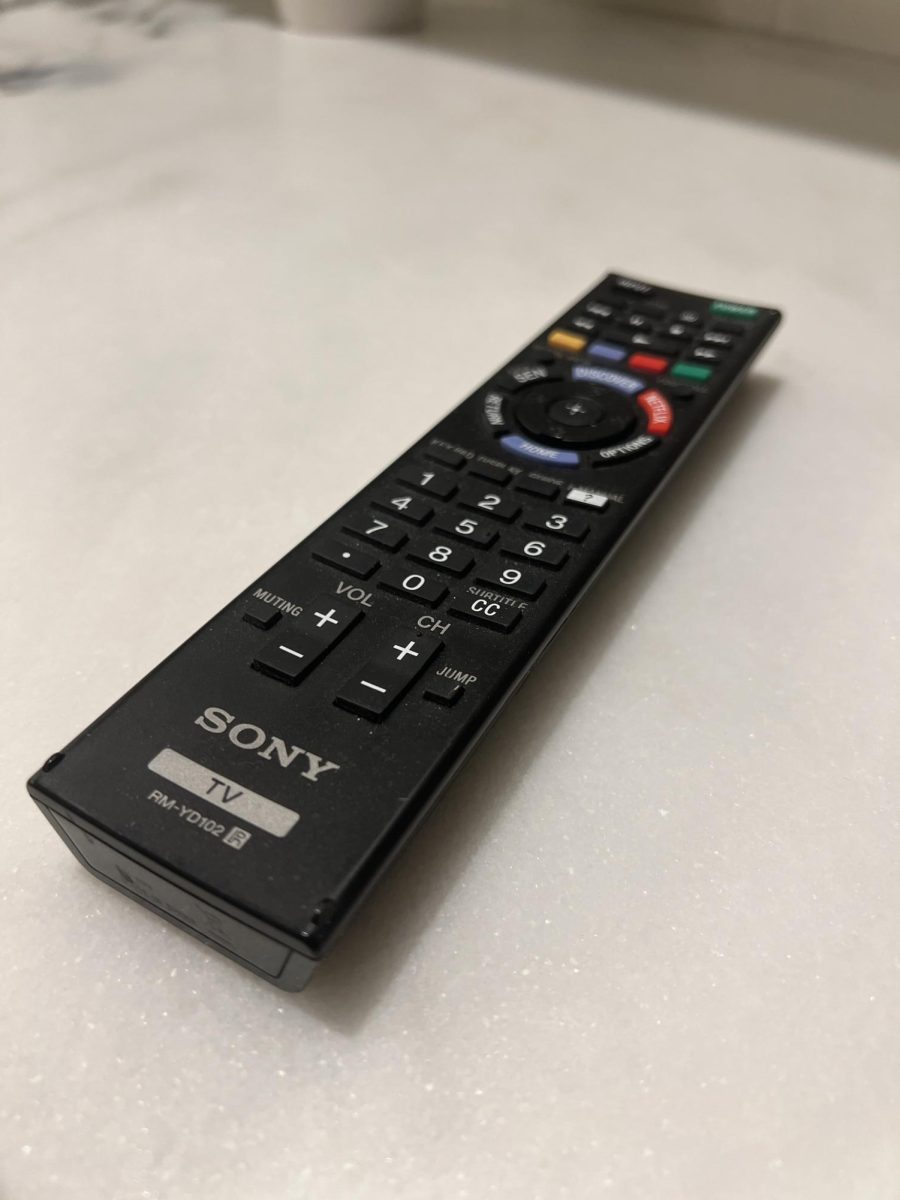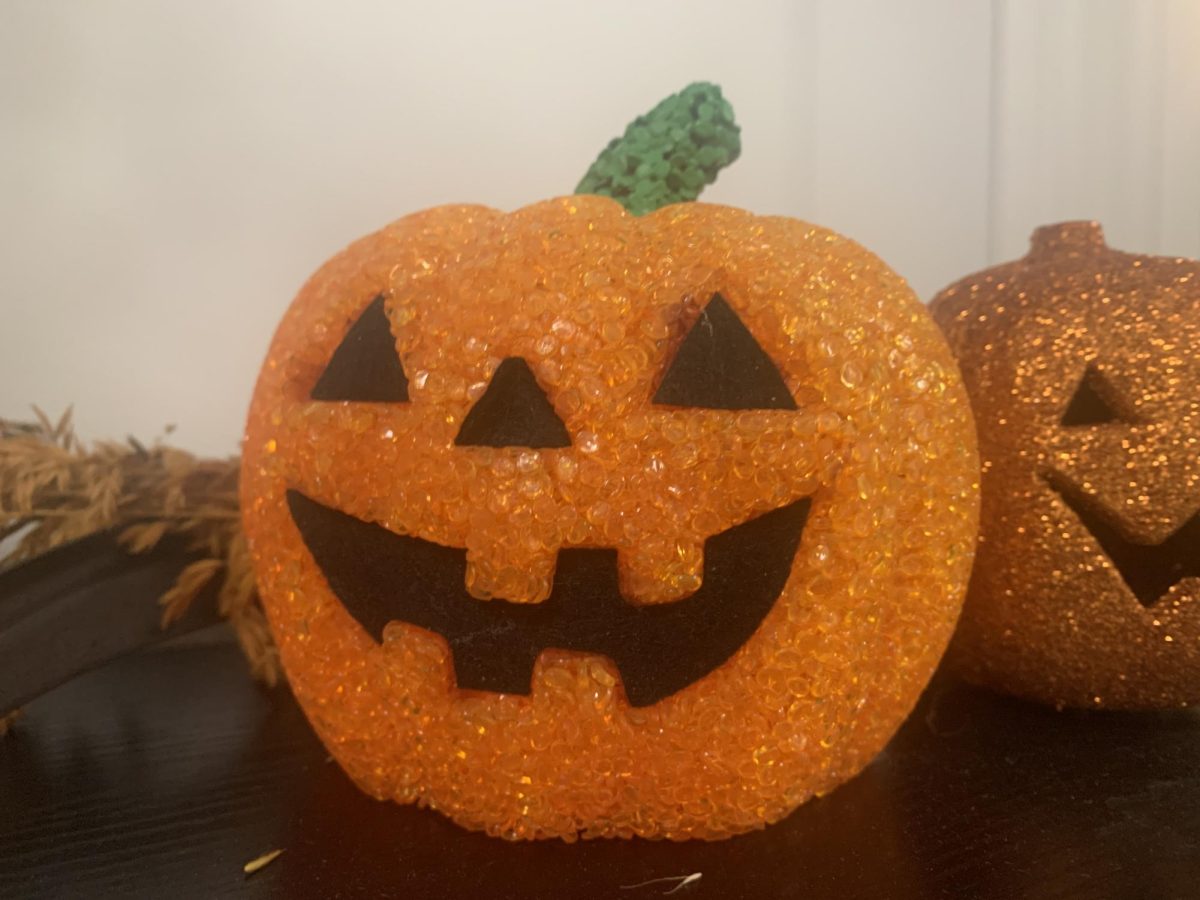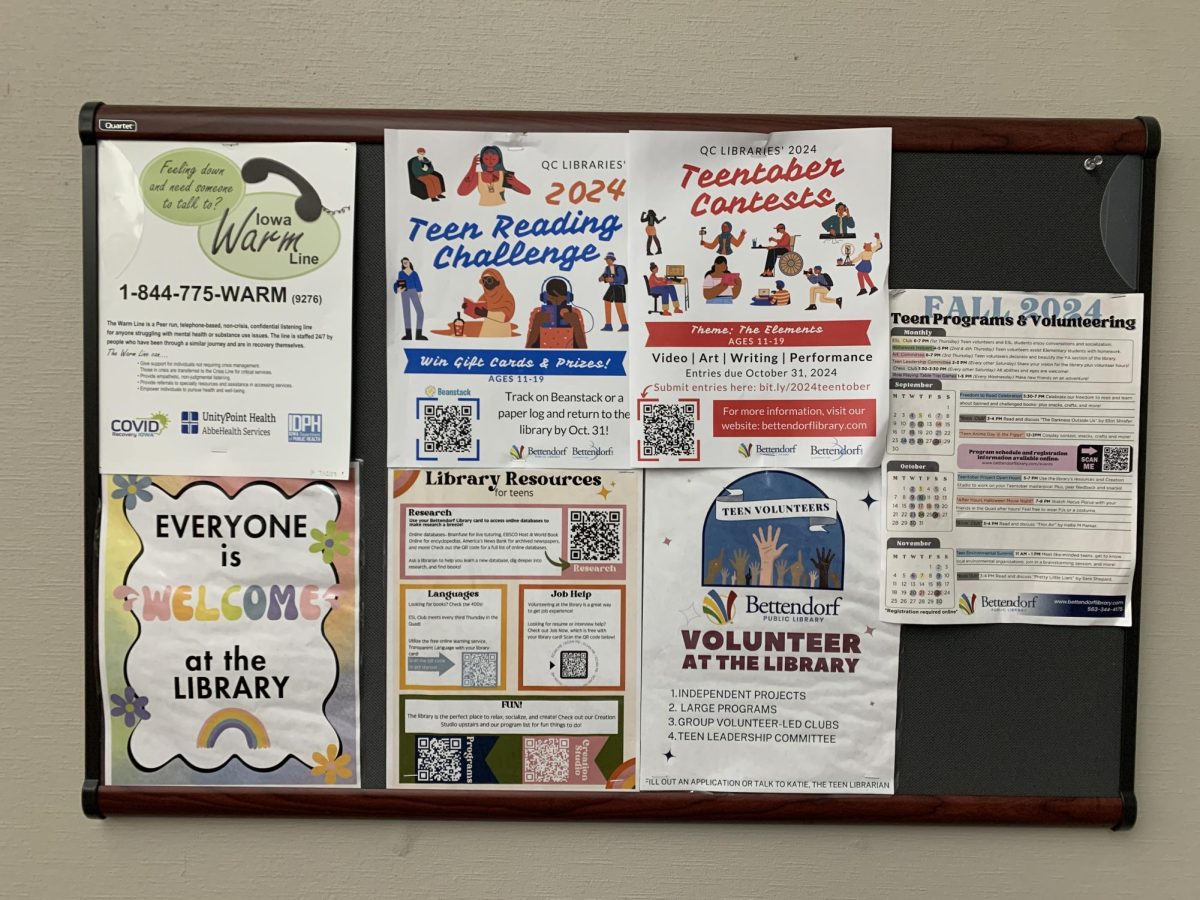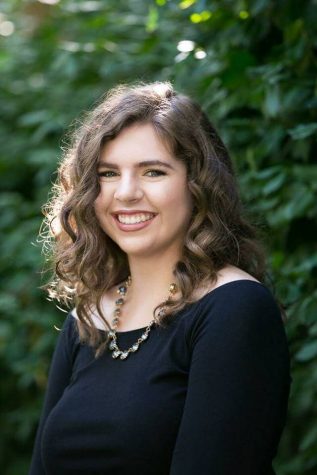Students in Pleasant Valley’s AP Language and Composition class are learning more than rhetoric this semester. They have been tasked with creating what their teacher is calling a “personal impact action plan.”
The assignment was relatively simple; students were asked to choose an issue they are passionate about and find a way to make an impact in the community. An earlier assignment in the class required students to create their own personal philosophy by examining what matters most to them. Students were encouraged to incorporate their own philosophy into the new project.
Lynne Lundberg teaches the AP course. She was initially inspired to assign this project after participating in “Global Guides,” a program for teachers at the World Food Prize Global Youth Institute. The idea was to involve students in solving global food security issues. Cognizant that students have a variety of interests, she chose to expand the project to something more broad.
Expanding their options beyond the issue of food insecurity, Lundberg allowed students to choose an issue important to them. “I wanted to give those students who are already passionate about a particular area of service a chance to write and reflect on that work, putting their community engagement into the context of their academic learning,” she said.
To maintain the spirit of the class, Lundberg asked students to reflect on the topics they had already discussed, like transcendentalism, moral philosophy and religious traditions. Students could use the coursework to examine their personal values and create change from there.
Lundberg is currently exploring the possibility of participating in the “AP with WE service” program. This program gives special recognition to students who incorporate community service into their course work. While nothing is finalized yet, she is already researching the specific requirements for her future classes.
Although the current AP students will not be able to earn this award, they are still gaining real-world experience. “I hope the students appreciate being taken seriously as people who can do good and make a change now, not as some far-off adult someday,” Lundberg said.
The students are taking advantage of the opportunity to work on something specific to their goals. The diversity of students enrolled in the class lends itself to the diversity of the resulting projects. Some chose to create new clubs, volunteer at organizations, collaborate with businesses and volunteer at local charities. Junior Margaret Huang is writing an essay for the World Food Prize Global Youth Institute.
Huang was initially unsure about what direction to take with this project. “At first, I found the project to be really open-ended and daunting, but as I started researching and writing my paper, I discovered all of the ways that people are striving to end hunger,” Huang said. She became inspired by other people’s work and dove into her project with excitement.
Huang chose the topic of malnutrition in Ethiopia; she found some solutions to combat that specific issue. While she was researching bio-fortification, soil nutrient management and the organizations that were trying to reduce malnutrition, Huang realized she is interested in researching even more ways to solve food insecurity in the future. She was already interested in biology and chemistry, which can have broad applications in the career world; this project showed her one possible path for her future.
Huang and her classmates’ experiences proved to Lundberg that this new project can have an impact on people’s lives and go beyond the learning that results from traditional coursework. Lundberg hopes students feel empowered as a result of her assignment and plans to continue introducing the assignment in years to come.



